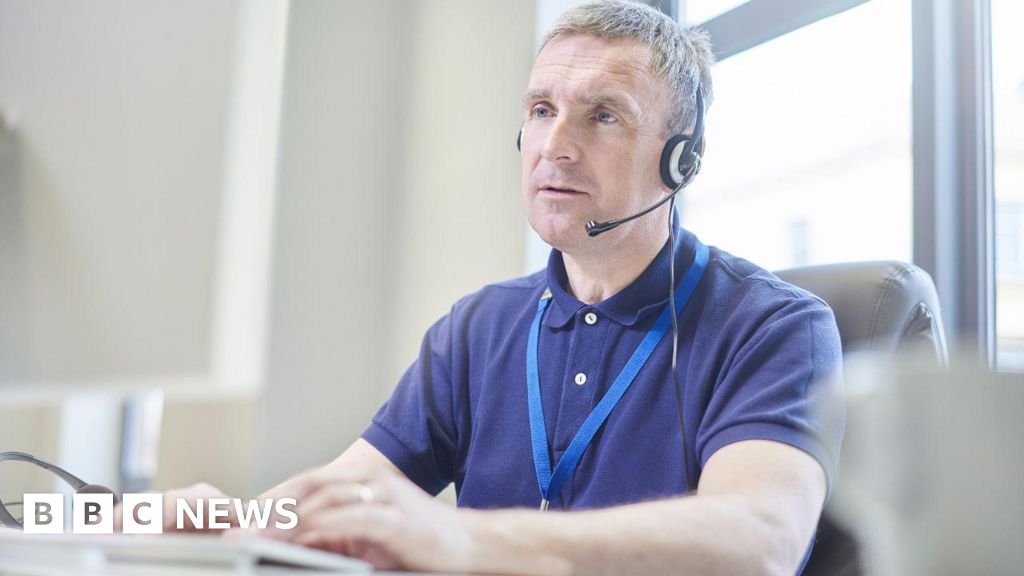OpenAI Cautiously Restricts ChatGPT's Mental Health Support: Prioritizing Safety and Accuracy

OpenAI has announced significant changes to how ChatGPT handles mental health-related queries, signaling a shift towards greater caution and responsibility. Following concerns regarding instances where the AI model offered potentially harmful or misleading advice, OpenAI is implementing new rules to limit ChatGPT's role in providing direct mental health guidance.
The Growing Concerns: Why the Change?
The initial enthusiasm surrounding ChatGPT’s capabilities has been tempered by the realization that AI, while impressive, isn't a substitute for professional mental health support. Reports emerged of users receiving advice that was inaccurate, potentially triggering, or even harmful. While OpenAI always disclaimed that ChatGPT wasn't intended for medical or mental health advice, the ease with which users could prompt the AI to provide such guidance created a gray area that needed addressing. The potential for AI to exacerbate existing mental health challenges or provide incorrect information, particularly to vulnerable individuals, spurred OpenAI to take action.
New Restrictions: What Can ChatGPT Do Now?
Under the updated guidelines, ChatGPT will actively avoid offering direct mental health advice. When users pose questions related to mental health conditions, treatment options, or personal crises, the AI is programmed to respond with a disclaimer emphasizing its limitations and directing users to seek help from qualified professionals. Instead of providing specific recommendations, ChatGPT will likely offer resources such as links to mental health organizations, crisis hotlines, and directories of therapists. The system is also being refined to better detect and deflect prompts designed to elicit mental health advice.
Beyond Disclaimers: A Focus on Responsible AI
This isn't simply about adding a disclaimer. OpenAI is investing in improving ChatGPT’s ability to recognize sensitive topics and respond appropriately. This includes refining the AI’s training data to minimize biases and inaccuracies related to mental health. The company is also exploring ways to incorporate feedback from mental health experts to further enhance the model’s safety and ethical considerations.
Implications for the Future of AI and Mental Health
OpenAI's decision highlights the complex ethical considerations surrounding the use of AI in sensitive areas like mental health. While AI can potentially play a role in supporting mental wellbeing – for example, through providing access to information or facilitating connections to resources – it's crucial to acknowledge its limitations and prioritize user safety. This move sets a precedent for other AI developers and underscores the importance of responsible AI development practices.
Looking Ahead: Collaboration and Continued Refinement
OpenAI’s commitment to refining ChatGPT's capabilities in this area is ongoing. They are actively seeking input from mental health professionals and researchers to ensure that the AI is used in a way that benefits society and minimizes potential harm. The future likely holds a more nuanced approach, where AI can assist with mental wellbeing in a safe and ethical manner, always under the guidance of human experts.






